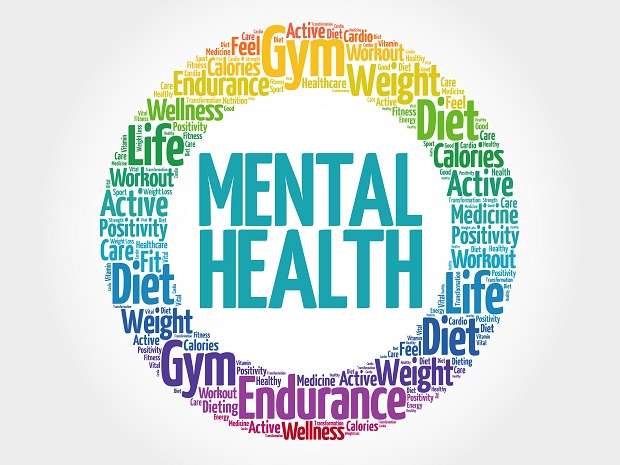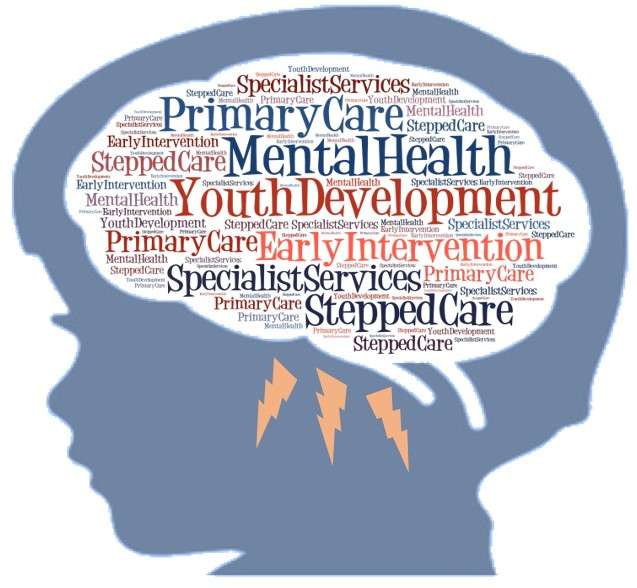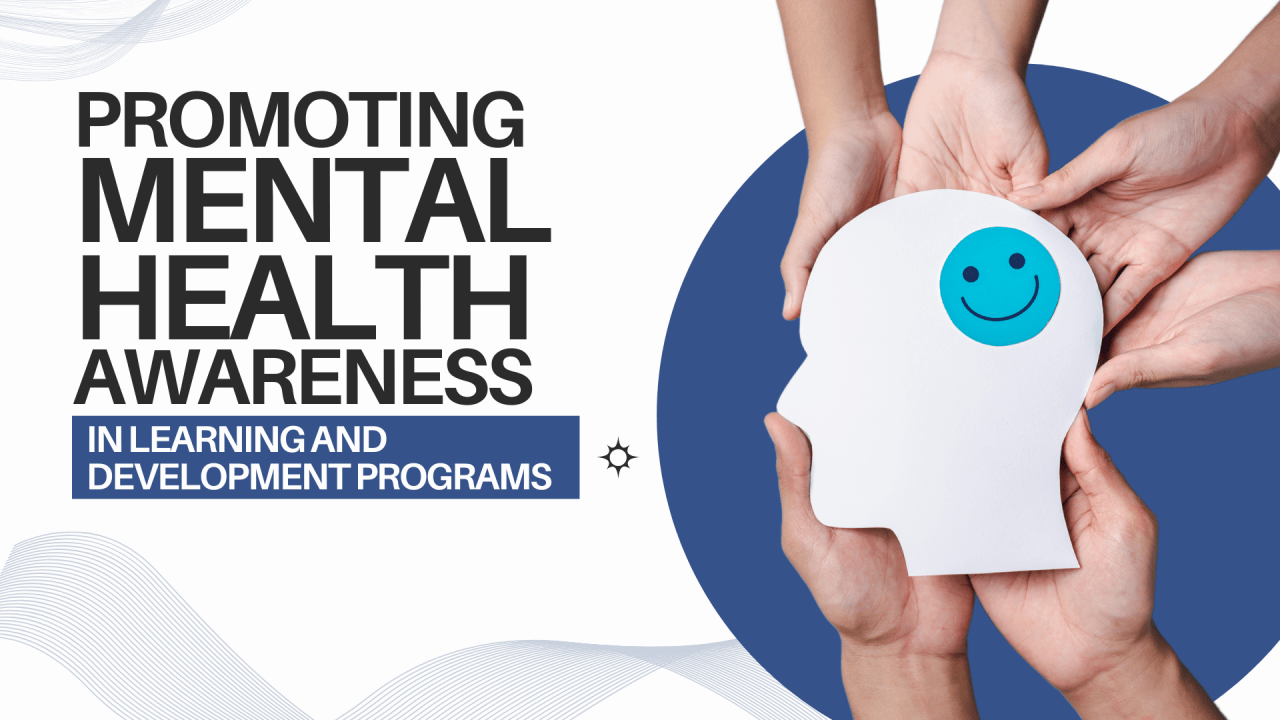Mental health has become one of the most critical aspects of overall well-being, especially for the youth. The pressures and challenges that young people face today—from academic stress to social media influences—can impact their mental health. Therefore, it’s essential to focus on mental health development early on, ensuring that youth are equipped with the tools to understand, manage, and improve their mental well-being. By fostering mental health awareness and providing support, we can help the younger generation navigate life with resilience, confidence, and emotional balance.
Understanding the Importance of Mental Health for Youth
The adolescent years are a critical period in terms of mental health development. It is during this time that many mental health issues, such as anxiety, depression, and stress, can manifest. Mental health during this stage influences a young person’s ability to succeed academically, maintain healthy relationships, and develop a sense of self-worth. It’s essential to recognize that mental health is not just the absence of mental illness but the presence of well-being, emotional resilience, and a positive outlook on life.
Breaking the Stigma Around Mental Health
One of the biggest challenges in addressing youth mental health is the stigma that surrounds it. Many young people may feel ashamed or embarrassed to talk about their struggles, fearing judgment or misunderstanding. It’s crucial to create an environment where mental health is openly discussed and normalized. Schools, communities, and families should work together to educate and raise awareness about the importance of mental well-being. By reducing stigma, we encourage young people to seek help without fear and build healthier emotional habits.


Providing Early Support and Education
The foundation for mental health development should start early. Implementing mental health education in schools and communities can teach young people how to recognize signs of mental health issues, manage stress, and cope with challenges. Offering programs that focus on self-care, emotional intelligence, and mindfulness can equip youth with practical skills to navigate their emotions effectively. Early intervention is key to preventing more serious mental health struggles in the future.
Creating Safe Spaces for Expression
For many young people, having a safe space to express themselves is vital for their mental health. This can be achieved through open conversations, creative outlets like art or writing, or peer support groups. When youth feel that their feelings are acknowledged and validated, they are more likely to open up about their challenges. Mental health programs in schools or community centers that focus on creating such spaces can foster emotional growth and provide the support needed to overcome difficulties.
Encouraging Physical Activity and Healthy Lifestyle Choices
There is a direct link between physical and mental health. Regular physical activity, balanced nutrition, and proper sleep contribute significantly to mental well-being. Encouraging youth to participate in sports, yoga, or outdoor activities can help reduce stress, improve mood, and build resilience. Moreover, developing healthy habits early in life ensures that young people have the tools to manage their mental health effectively as they grow.


Offering Professional Support
While peer support and self-care strategies are important, there are times when professional intervention is necessary. It’s essential to ensure that mental health resources are accessible to youth, including counselors, therapists, and support groups. Schools and communities should provide access to mental health professionals who can help youth manage more serious issues, such as depression or anxiety. Creating an environment where seeking professional help is encouraged and accepted is crucial in fostering mental health development.
Empowering Youth to Take Charge of Their Mental Health
The ultimate goal is to empower youth to take control of their mental health and well-being. By providing them with the knowledge, skills, and resources, we enable them to make informed decisions about their emotional health. Encouraging youth to practice self-awareness, mindfulness, and emotional regulation techniques fosters a sense of responsibility for their mental well-being and encourages lifelong positive habits.
Conclusion
Mental health development is an ongoing journey that requires support, education, and empowerment. By breaking the stigma, providing early support, and promoting healthy lifestyles, we can ensure that youth are equipped to thrive emotionally and mentally. Building a strong foundation for mental health during youth not only helps them overcome challenges but also prepares them to become resilient, confident individuals capable of facing the future with strength and optimism.


